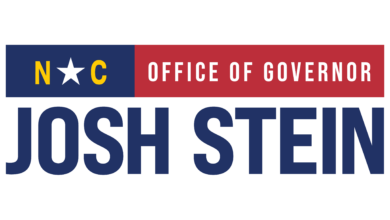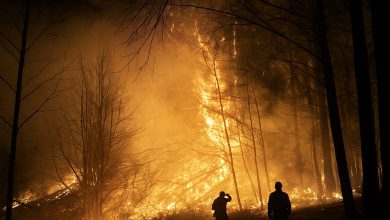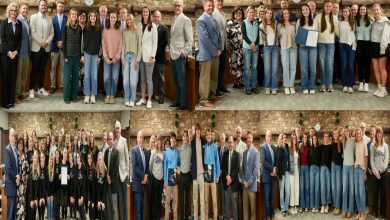
Last Updated on February 25, 2022 1:15 pm
Friday, February 25, 2022
As I announced last week, my COVID Council and I have been reviewing the recommendations, guidance and information from the North Carolina Department of Health and Human Services, and we have been in regular consultation with local public health officials and the UNC System. We have also considered statewide, local and campus COVID metrics, which show that the case counts and severity of cases continue to decrease. There are currently fewer than 20 active cases among App State students, faculty and staff.
After considering campus and local data and seeking guidance from state and local public health experts — and in accordance with recent decisions and guidance from the UNC System and town government officials, as well as local public schools, the following changes in the university’s COVID safety protocols will be in place beginning at 12:01 a.m. on Monday, March 7:
- Face coverings will no longer be required for faculty, staff, students and visitors to App State’s campus.
- If you are unvaccinated or if you are at higher risk for serious illness from COVID-19, you are encouraged to wear a face covering at your discretion and/or upon the advice of your medical provider. Face coverings offer an important extra layer of protection when worn properly.
- Federal and state guidelines still require face coverings on public transportation and in health care settings. This means you will still be required to wear face coverings while riding AppalCART transit and when visiting Student Health Service.
- While traveling to and from campus and throughout the Town of Boone and Watauga County, carry a face covering with you, so you will have one readily available as needed. The university has an ample supply and a variety of types of face coverings. Students and employees may pick up face coverings at the Plemmons Student Union Information Desk.
- Testing for students and employees who are unvaccinated will no longer be required.
- Free, walk-in COVID testing remains available three days a week on campus for any student or employee who wants or needs a COVID test, and of course our Student Health Service provides testing and health care as needed for our students.
- Contact tracing efforts will focus only on areas of identified need.
- App State’s COVID response team will continue to work with individuals who have tested positive for COVID to provide them with isolation instructions, guidance and support.
- In accordance with current public health guidance, however, individual case investigations for close contacts of identified positive cases will no longer take place, neither by the university nor by local public health.
All other COVID protocols remain in place, including required reporting of off-campus positive test results, and continuing to provide isolation instructions, guidance and support to individuals who have tested positive for COVID.
Please remember, if you are feeling ill, stay home, monitor your symptoms and contact your health care provider if you become concerned about your symptoms.
It is important to reiterate what we are hearing universally from public health experts worldwide: The COVID vaccine is our most important tool for preventing severe illness and death from COVID. Our high vaccination rates of 81% in students and 90% in employees have been the key reason we have avoided high instances of severe illness on our campus, and our vaccine rates help lessen the severity of the illness in our surrounding community as well. The ready availability of the vaccine, and our high campus vaccination rates, are allowing us to ease restrictions. Please be sure to get your booster when you are eligible.
- We will continue to offer all three vaccines and boosters in Student Health Service, and we continue providing $50 Amazon gift cards to students, faculty and staff who get vaccines and/or boosters on campus.
As our COVID response and management evolve, we remain focused on making data-driven decisions and utilizing the expertise available to us on our campus. Since fall of 2020, App State has utilized wastewater testing to capture data on the presence and extent of COVID on our campus. This tool allows us to detect asymptomatic cases earlier, implement testing and containment strategies, and reduce the spread of COVID.
Over the last two years, the university has worked in many other ways to help protect the health and well-being of the university community and the greater Boone area, including by:
- contributing nearly 20,000 meals for university and local community members who were in isolation or quarantine due to COVID;
- conducting nearly 91,700 COVID tests for students, faculty and staff; and
- administering nearly 7,000 vaccines to students, faculty, staff and community members.
These are just some of the many examples of research and service by faculty, staff and students who seek to maximize the resources we have at App State for the health, well-being and long-term benefit of our community.
While COVID has had a significant impact on our community collectively, its severity has affected each of us individually. For nearly two years, App State students, faculty and staff have shown consideration, compassion, care and kindness to one another as we have navigated the many changes in policies, procedures and public health guidance together. I want to thank you for your steadfast support of one another. As we continue to learn, adjust and respond to each new challenge, we grow stronger as a community.
As we look to build on the many successes of this academic year, there is much promise ahead this spring and beyond.
![]()
Sheri Everts, Chancellor



















